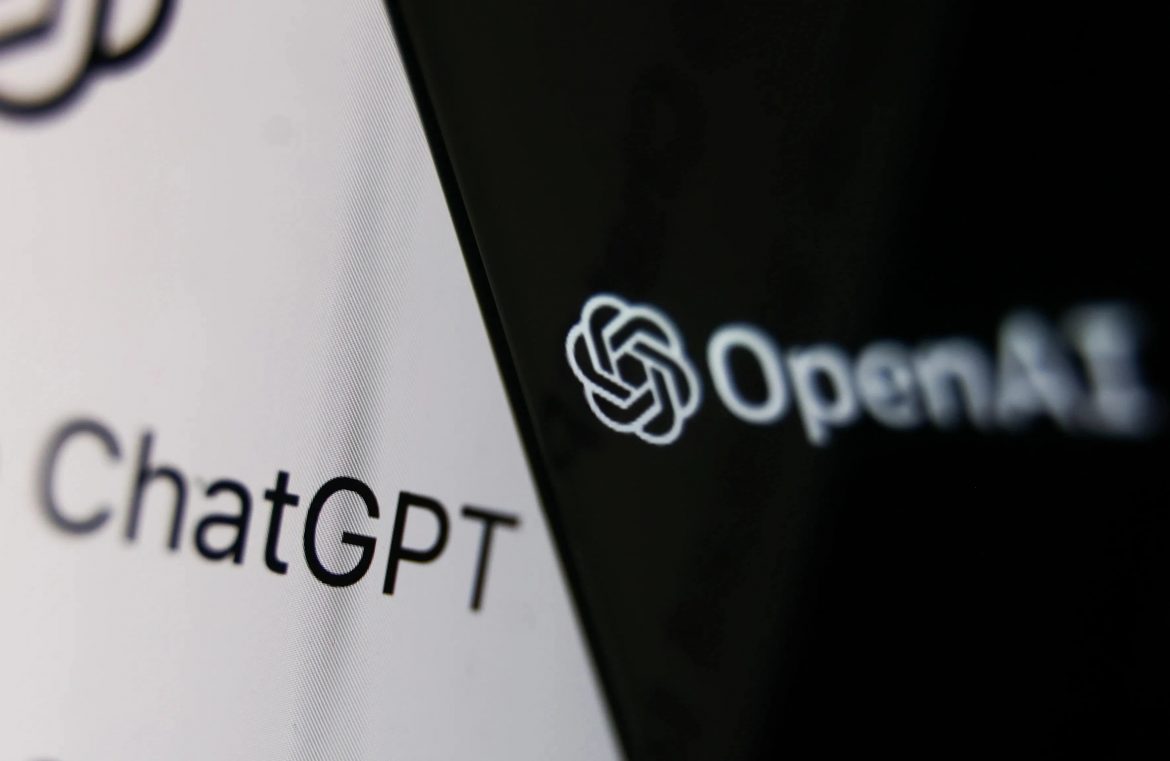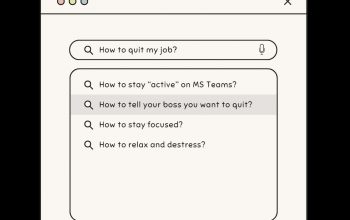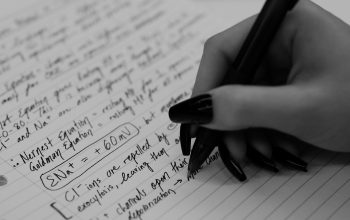Photo Credit: Digital Trends
From bias and plagiarism to ethics, we should have concerns over ChatGPT
Kirill Logoveev, Contributor
Artificial Intelligence. Those words may spark excitement or fear. With the recent launch of ChatGPT, artificial intelligence that can answer any question, the internet has been raving about its present possibilities and its future applications. An astounding breakthrough in computation, ChatGPT implements a 175 billion-parameter neural network to answer all of the world’s questions. Although it has had a generally positive reaction from the public, the hype overlooked some downsides of artificial intelligence.
A machine that can answer any question may seem brilliant at first, but its answers do not consider the ethics of the questions asked. Creativity, copyright, and plagiarism have always been slippery slopes to navigate, and this is no exception. At this point in ChatGPT’s implementation, it can write essays, articles, and even songs in a few seconds. Although it can coherently answer tough questions, the question of plagiarism and creativity must be raised, as people can abuse this power and publish the machine’s work as their own. OpenAI has an answer to the plagiarism problem, given in their Content Policy and Terms of Use. Unfortunately, it does not have an answer to the problem of the creativity of the writer.
We all want answers to complicated questions. Questions with multiple different answers, depending on which source you consult. Answers to such questions may seem obvious, but not without bias. Anything programmable can have a certain amount of bias programmed into it from the start. Artificial intelligence is different, however. ChatGPT and similar technologies use a Neural Network for their answer generation. A neural network can be thought of as a function that takes an input and releases an output. However, it is a much more complicated function than the ones from math class. One of the main disadvantages of neural networks is that they tend to require a lot of training data (“Crunching the Data”). Since neural networks must be trained by using data, the data sets themselves may be biased to make the artificial intelligence equally distorted. This is a problem because it can deceive the person asking since the answer given by a seemingly credible source is flawed.
ChatGPT has impacted more than 100 million users. With great efficiency and the ability to answer any question, it has become a staple in everyday conversation. However, it has some downsides as well.
The ethics of artificial intelligence is a recently-posed question that ChatGPT cannot answer. With its pseudo-machine creativity, it has become an important part of content creators’ works who do not cite their “genius” ideas. Bias should be another point of concern, as a biased machine can and will negatively impact the public’s thought process. Artificial intelligence is a fascinating branch of computer science that can be used to better people’s lives. If we keep in mind its downsides, it can, and will change the world.




